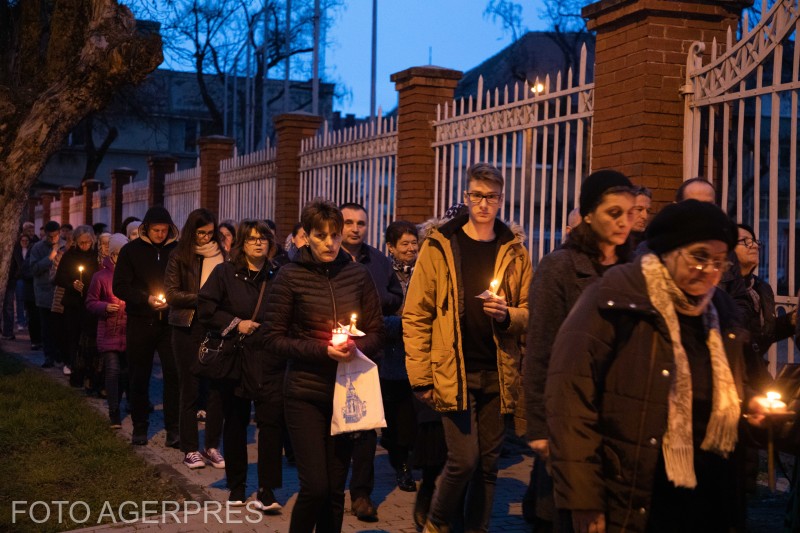Romania and Cyber Security
Representatives of 17 counties in Central and South-East Europe convened in Bucharest to discuss cyber security issues.

Newsroom, 12.05.2015, 13:41
Defined by the lack of frontiers, dynamism and anonymity, cyber space generates opportunities for the development of the information, knowledge-based society as well as risks at an individual, state and cross-border level. In other words, the undeniable benefits of the information technology are accompanied by serious threats. A recent example is tale-telling: in mid-April, the well-known French-language television station TV5 Monde, which broadcasts to over 200 countries around the world, Romania included, was the target of a cyber-attack without precedent in the history of television. TV5 Monde suspended its broadcasts for several hours, after it had been the victim of self-styled Islamic State militants who also blocked its website and social networks.
This is why, in Romanias view, ensuring the security of cyber space must be a major concern of all stakeholders, especially at an institutional level. Convened in a summit in Bucharest, representatives of 17 countries from Central and South-East Europe, members of the EU and NATO or non-members, presented their cyber security policies and tried to identify opportunities for regional and international cooperation. According to the Romanian Foreign Minister Bogdan Aurescu, with this summit Bucharest aims to build better regional cooperation as well as to improve the exchange of best practice and information. Bogdan Aurescu:
“Cooperation will be truly efficient only to the extent to which all participants are willing to share the information they have. As regards the security incidents, the exchange of intelligence between Member States so far is exclusively of an informal nature or as part of regulated bilateral exchanges, and the exercises in the field of cyber security are still at a very early stage.
Romanias goal is to become a regional leader in cyber security, which it intends to strengthen with the help of the US, prime minister Victor Ponta said in his turn. In fact, as the US Deputy Secretary for Commerce Bruce Andrews pointed out, Romania has proven to be an IT leader thanks to its specialists, and Romania is the second most widely spoken language in Microsoft offices, after English.
Another success story is the Romanian company Bitdefender, which launched a revolutionary cyber security solution. In this context, Ponta and Andrews agreed to set up a cyber-security task force as part of the Romania-US Strategic Partnership structures. Moreover, according to Bruce Andrews, three American IT companies plan to expand their operations into Central and South-East Europe, including in Romania.






























